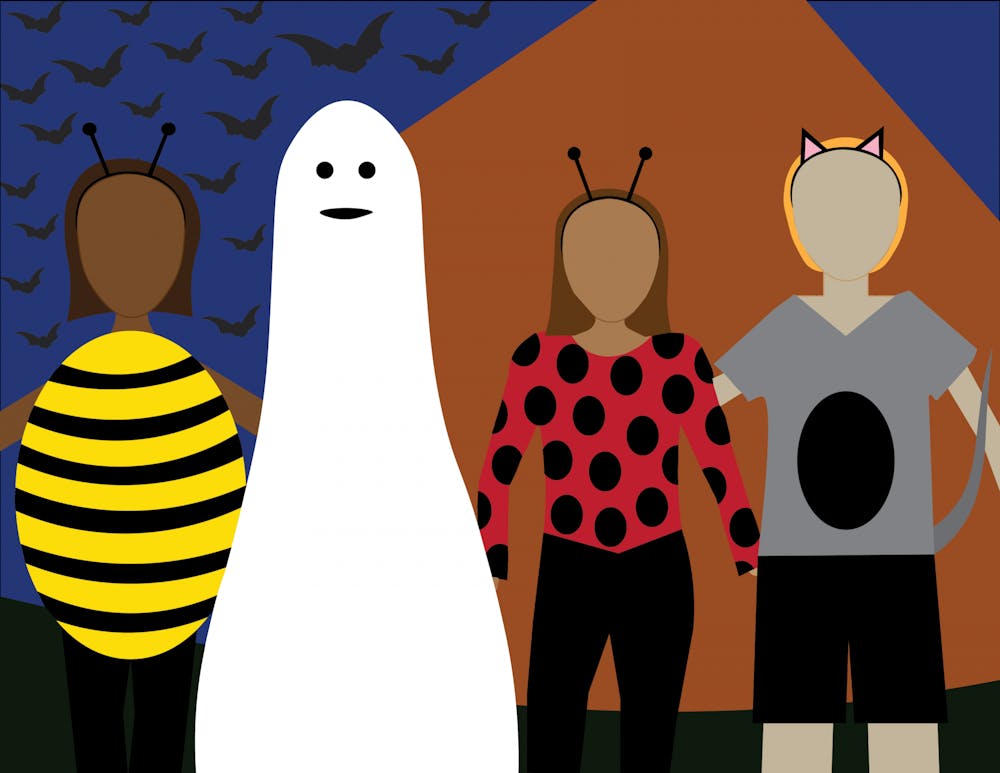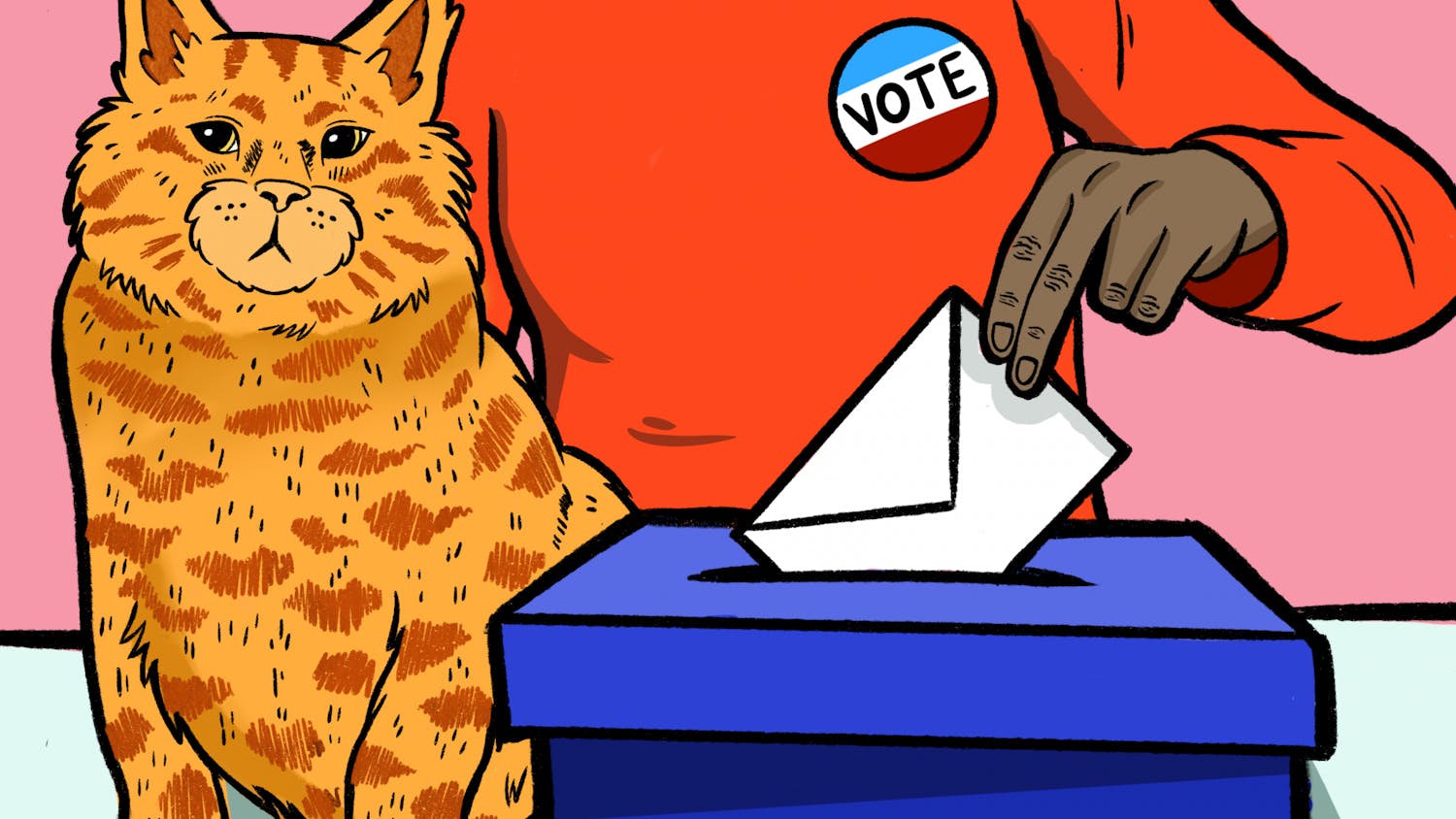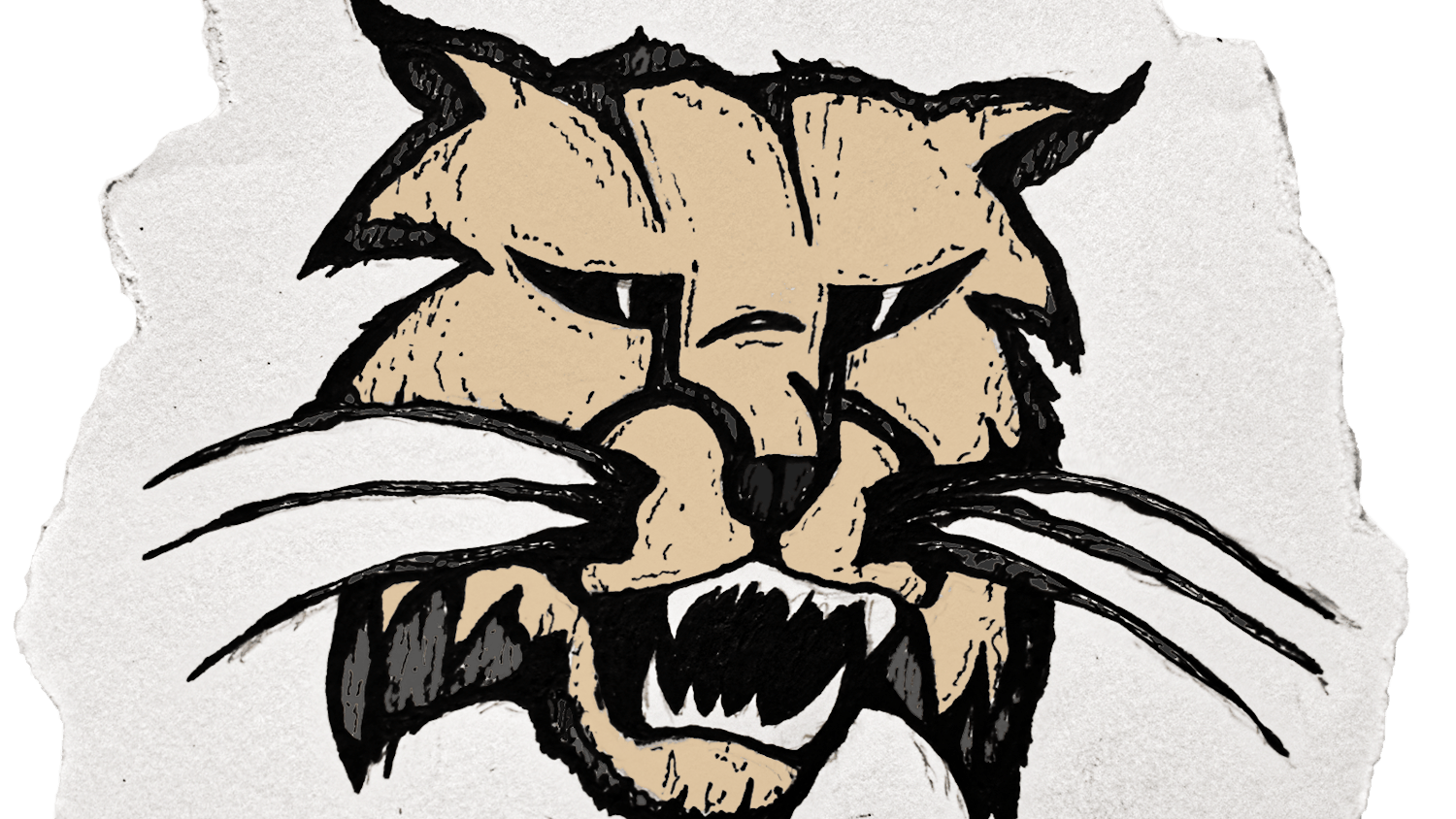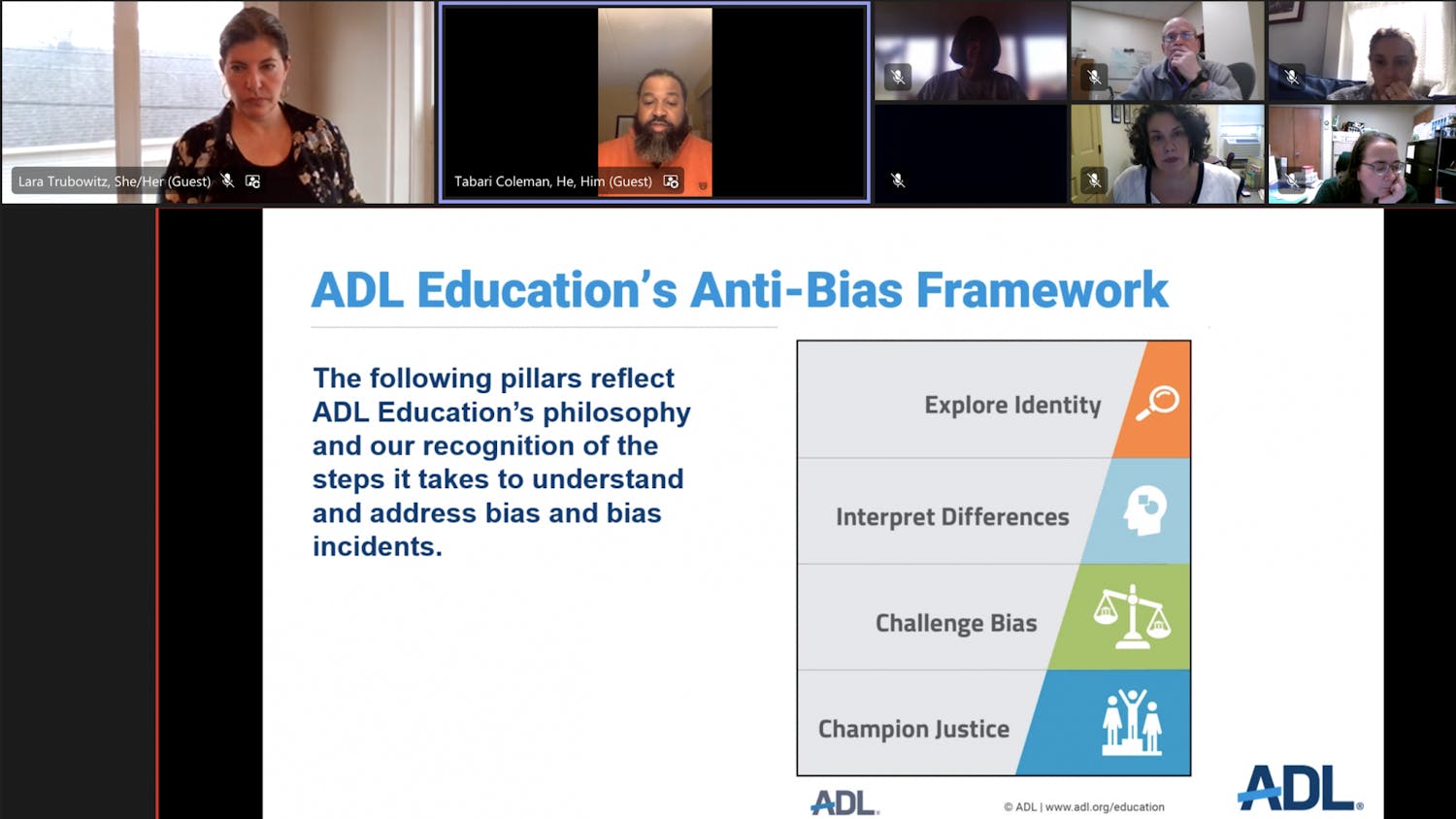The brainstorming process for Halloween costumes is intense for some students at Ohio University and last minute for others. Whether people buy a random costume online or dedicate hours of planning to find the perfect pieces to their festive ensemble, there are ways people can make choices that offend or mock cultures they aren’t part of.
The Educational Service Center of Central Ohio, or ESC, defines cultural appropriation as “the unacknowledged or inappropriate adoption of costumes, practices, ideas, etc. of a social group by members of another and typically more dominant social group.”
Cultural appropriation during Halloween is common because costumes typically mock or resemble another person or thing. Blackface, brownface, yellowface and redface are also common and occur when a person changes their skin tone and/or physical features to match that of another race. According to Pew Research Center, 53% of Americans believe it’s unacceptable for a white person to use makeup to darken their skin tone for a Halloween costume. Only 37% of Americans said it’s “never acceptable.”
But the harm done by cultural appropriation is a lot. The ESC said cultural appropriation is problematic because “it reduces traditional clothing, customs and practices to a joke or simply an aesthetic.” Costumes that culturally appropriate often use stereotypes, “which perpetuate harmful ideas and ideologies rooted in hate.”
In 2011, an organization at OU, Students Teaching Against Racism in Society, or STARS, formed the “My Culture is Not a Costume” campaign, which was meant to bring awareness and education surrounding cultural appropriation and its harm.
The campaign was revitalized for this school year by Duane Bruce, the executive director of diversity and inclusion, and OU Communications and Marketing. The Division of Diversity and Inclusion has peer educators called diversity leadership ambassadors, or DLAs, who take on a different topic each month to educate others about.
“We get requests all the time all the time around October outside of the university to use the ‘My Culture is Not a Costume’ campaign,” Bruce said. “And this year when we started getting the requests, I talked with my colleagues, and I was like ‘We should put this back up.'”
Although the campaign was revitalized, the message remains just as valuable and educational as it was in 2011. Bruce said some students may not be aware that certain costumes are harmful and fall into the category of cultural appropriation.
“I think the important message of this particular campaign is that we want our students to be mindful that there are some harmful realities of cultural appropriation,” Bruce said. “It’s not just Halloween, but this is particularly salient whenever you’re thinking about costumes for Halloween because people dress up as something that’s different from themselves.”
The Division of Diversity and Inclusion’s website for the campaign details some culturally inappropriate costumes. These include “anything representing Blackface, brownface, or yellowface,” “costumes that represent harmful racial or ethnic stereotypes,” making a mockery of mental illness,” “wearing hairstyles of people of color” and “transphobic/homophobic costumes.”
Students can choose other costumes that are creative and sensitive. Hadley Alford, a senior studying nursing, said she will be wearing a traffic cone costume for Halloween this year. Alford’s boyfriend is a heavy equipment operator and she said he’s going as himself on the job.
“I looked up some stuff on Pinterest and then I ended up actually just raiding his closet and found an orange reflective long sleeve shirt,” Alford said. “And I’m just gonna wear my leggings and try to find a little cone to put on my head.”
Alford also said it’s important for people to be aware of how their Halloween costume may affect others.
Sophie Neilson, a junior studying communications, said she is going as Kang Sae-byeok from the South Korean drama series, “Squid Games.”
“I basically chose her because I’m Korean, so I felt like it was appropriate for me to dress up as her,” Neilson said. “I wouldn’t be offended if I saw someone wearing a ‘Squid Games’ costume, but it really just depends on how they act in the costume.”
There would also be a problem, Neilson said, if people were to mock Asian languages or physical features of, for example, the South Korean actress who plays Kang Sae-byeok.
Jazmine Amoako, a junior studying economics, said she agrees with Neilson and said that if people are going as a fictional character who isn’t the same race or ethnicity, there is no reason for people to alter their skin tone or features.
“Say you do choose to do something that’s outside of your race and culture, you don’t have to make yourself look like it,” Amoako said. “Outside of the clothing, you can still be white.”
The campaign, Bruce hopes, will open more dialogues between students and other people on campus about respecting and appreciating all cultures instead of mocking or stereotyping them. The My Culture is Not a Costume campaign is connected to the university’s Make Respect Visible campaign and Bruce said they have intentional ties to one another.
“One of the things that we’re really hoping that takes on with Make Respect Visible is not just that we have these expectations and that they’re words, but that campus community members begin to engage with each other in these conversations,” Bruce said. “If we look forward, our goal is to make sure all members of our community know the expectations, and if they see something, they say something.”






